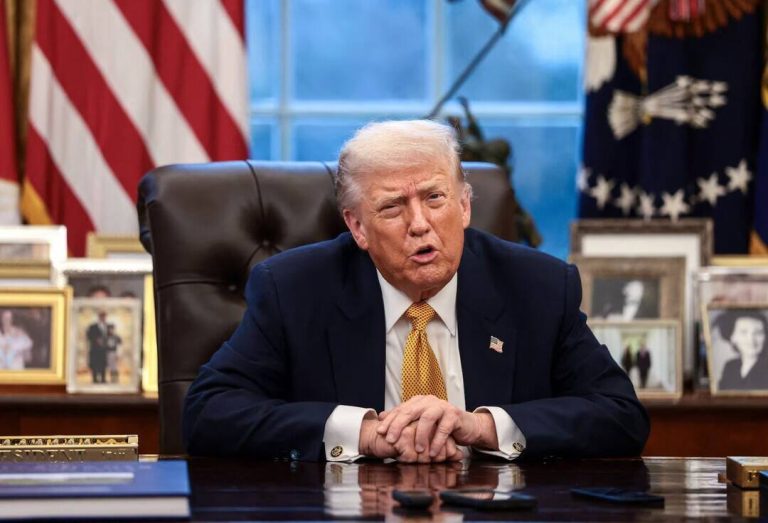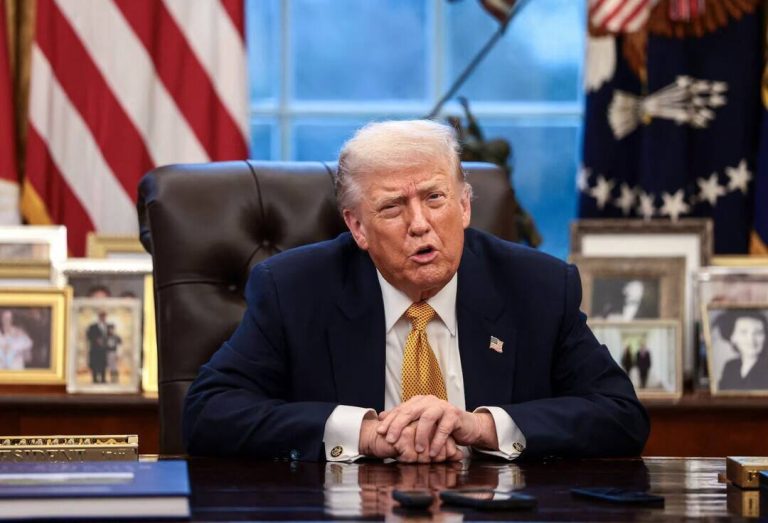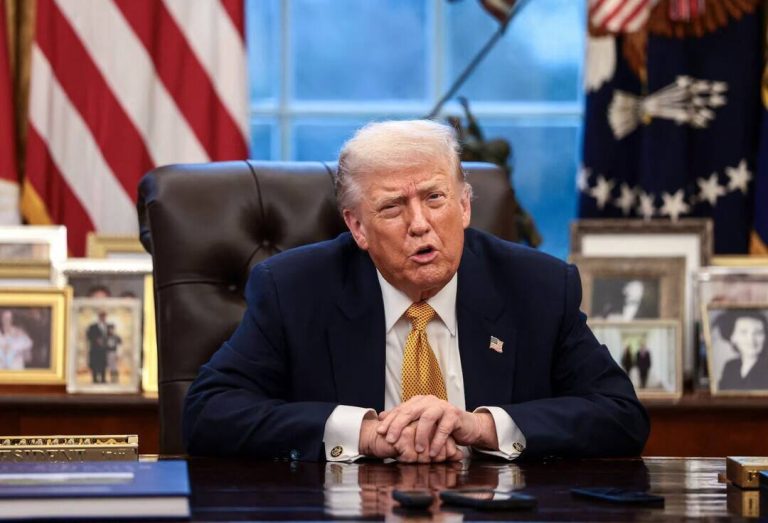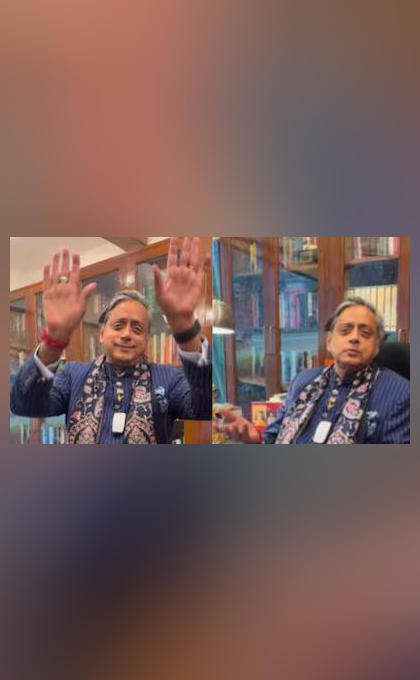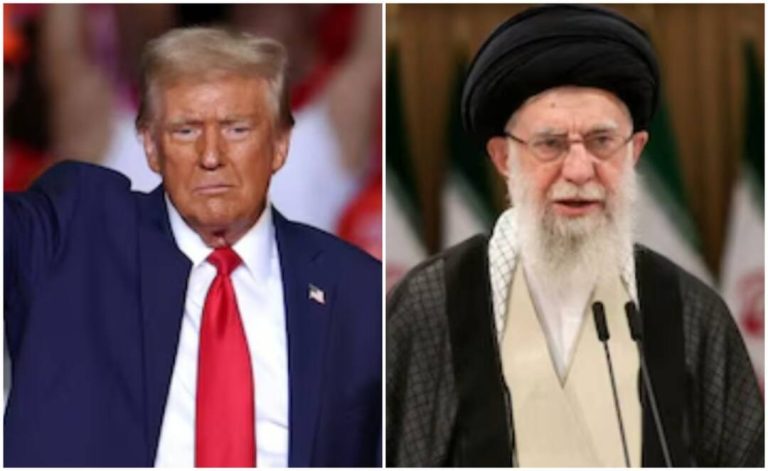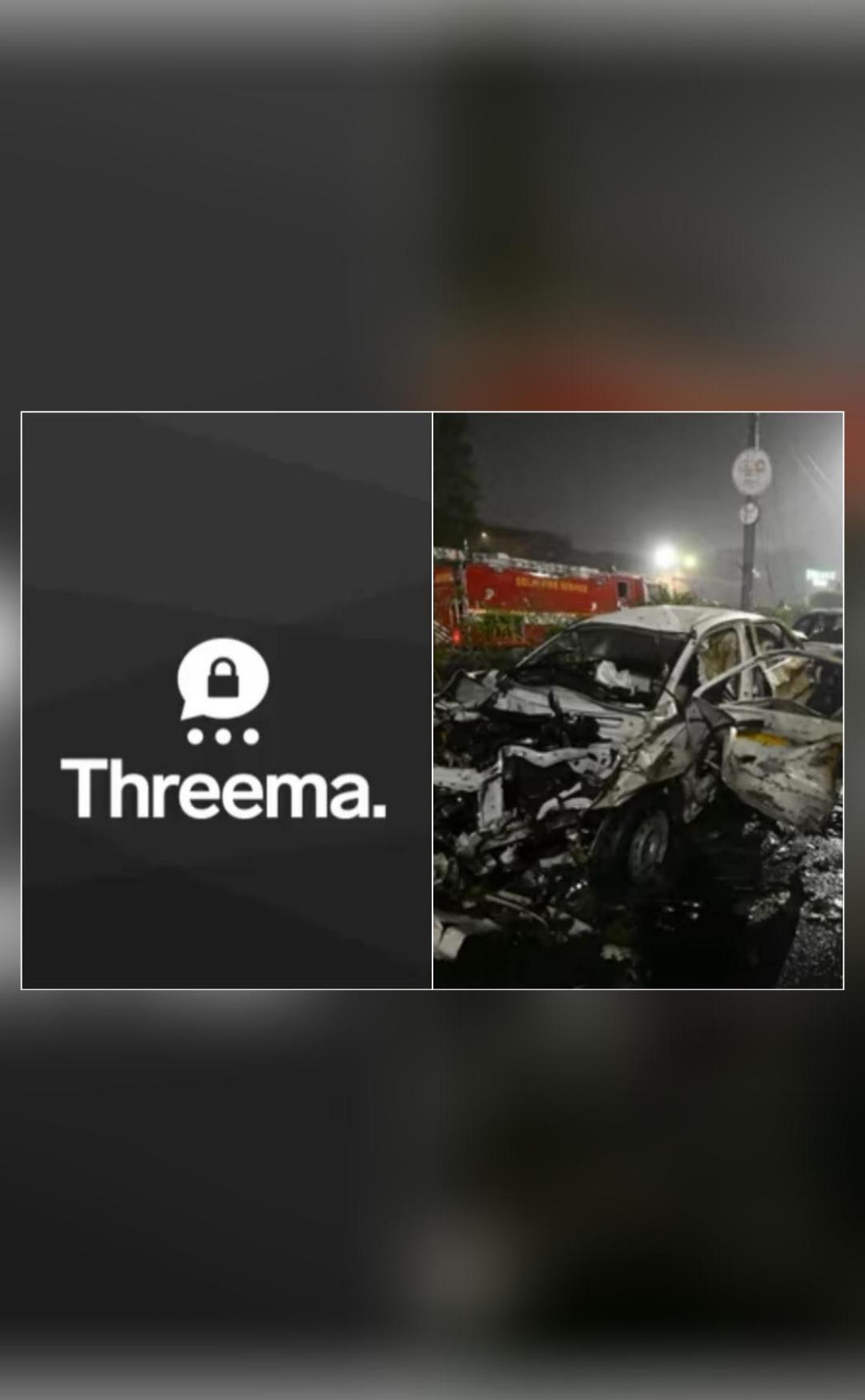
Delhi terror attack accused doctors used Swiss app Threema to plan & coordinate: Police
In a shocking revelation, it has come to light that the accused doctors in the Delhi terror attack case used a Swiss encrypted messaging app called Threema to plan and coordinate their terror activities. Dr. Umar Nabi, Dr. Muzammil Ganaie, and Dr. Shaheen Shahid, who are being investigated for the blast near Delhi’s Red Fort, allegedly used this app to constantly keep in touch and discuss their plans.
According to police sources, Threema is a highly secure messaging app that offers end-to-end encryption, making it difficult for law enforcement agencies to intercept and track messages. The app does not require a phone number or email ID for registration, which makes it even more challenging to identify and trace its users. This level of anonymity and security made Threema an attractive choice for the accused doctors, who sought to keep their communications private and hidden from the prying eyes of the authorities.
The use of Threema by the accused doctors raises serious concerns about the role of technology in facilitating terrorism. With the increasing availability of secure messaging apps, terrorists and extremist groups can now communicate and coordinate their activities with greater ease and secrecy. This poses a significant challenge for law enforcement agencies, which must find ways to stay ahead of these groups and prevent them from using technology to further their nefarious goals.
The investigation into the Delhi terror attack has revealed that the accused doctors used Threema to discuss and plan their activities, including the blast near Red Fort. The app’s encryption and anonymity features made it difficult for the police to track their communications, but eventually, the authorities were able to crack the code and gather evidence against the accused.
The case highlights the need for law enforcement agencies to develop new strategies and techniques to combat terrorism in the digital age. With the increasing use of secure messaging apps and other digital tools by terrorist groups, it is essential for authorities to stay up-to-date with the latest technologies and trends. This includes investing in digital forensic tools and training officers to analyze and interpret digital evidence.
Furthermore, the case also raises questions about the responsibility of tech companies in preventing the use of their platforms for terrorist activities. While Threema’s encryption and anonymity features may be attractive to legitimate users who value their privacy, they can also be exploited by terrorist groups and other malicious actors. Tech companies must therefore take steps to ensure that their platforms are not used for nefarious purposes and that they cooperate with law enforcement agencies to prevent and investigate terrorist activities.
In conclusion, the use of Threema by the accused doctors in the Delhi terror attack case highlights the complex and evolving nature of terrorism in the digital age. As technology continues to advance and become more widespread, it is essential for law enforcement agencies, tech companies, and governments to work together to prevent and combat terrorist activities. By developing new strategies and techniques, investing in digital forensic tools, and promoting cooperation and responsibility, we can stay ahead of terrorist groups and keep our communities safe.
Source: https://repository.inshorts.com/articles/en/PTI/f2a8ca2c-2fb5-4ada-b46a-28e29563f0c3
